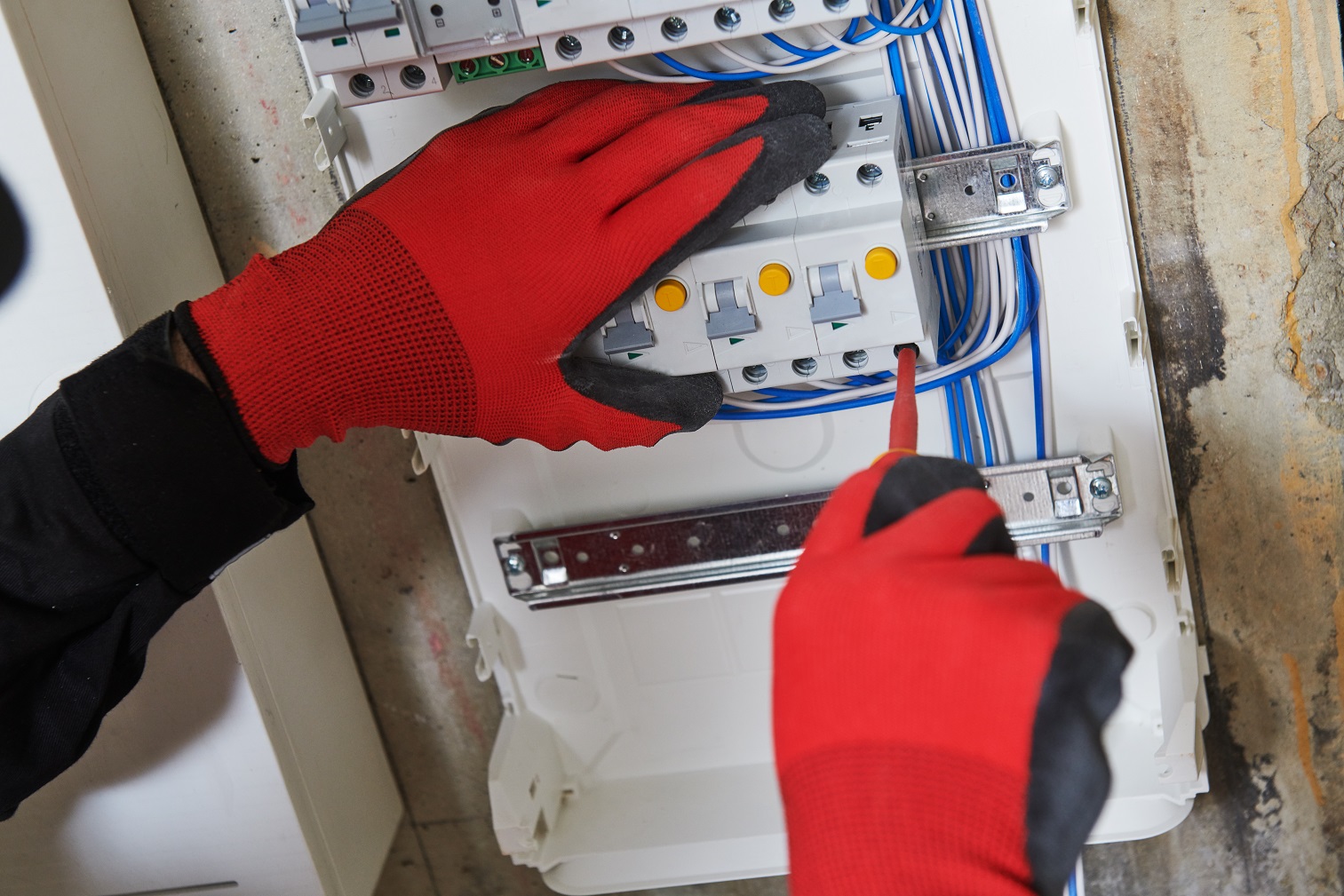
When it comes to your marine electrical systems, adhering to standards and regulations is critical.
When it comes to your marine electrical systems, adhering to standards and regulations is critical. The safe and efficient operation of vessels relies heavily on electrical systems. This means it is essential for all boat owners to follow established guidelines to prevent accidents and maintain the integrity of maritime operations. Being familiar with the key marine electrical standards and regulations is essential. Keep reading to learn more about marine electrical standards.
International Electrotechnical Commission Standards
The International Electrotechnical Commission (IEC) plays a crucial role in developing international standards. They do so for electrical and electronic technologies, including those used in the marine industry. The IEC covers electrical safety, system design, and equipment performance. Staying current with these regulations can be complicated if you’re not well-versed in legal jargon. Working with a professional electrician ensures your boat complies with all IEC standards.
National Electric Codes
Different countries have their own National Electrical Codes (NECs). These regulations govern practices within their maritime boundaries, including electrical installations.
For example, in the United States, the National Fire Protection Association (NFPA) provides comprehensive guidelines for electrical installations on boats operating in American waters. These codes define the electrical system design, installation, and grounding standards. There are also strict codes that protect against electrical hazards. Not complying with the NEC codes could lead to legal trouble.
ABYC Safety Standards
The ABYC safety standards apply to all major boat systems. The standards are voluntary, with the manufacturers responsible for ensuring they are constructing their craft to the highest safety standards. There are many benefits to building a boat to these standards, including owner safety and increased liability protection for the manufacturer. ABYC standards include specifications for marking and labeling various components and using nameplates to display information such as boat capacity. In marine environments, labels and nameplates must withstand harsh environmental conditions such as abrasion, sunlight, extreme temperatures, saltwater corrosion, and chemical exposure.
Understanding Marine Electrical Standards
Operating a vessel on open water can be a thrill, but it is also a big responsibility. Whether you’re operating your boat for pleasure or business, you’ll need to become familiar with the various regulations and laws surrounding boat use.
The information on common marine electrical standards and regulations can help give you a sense of what you need to learn about. The more time you take to understand the complexities of these laws, the safer you will be while operating your vessel.
Marine Electric Systems, LLC is a Leader In the Maritime Industry
We here at Marine Electric Systems have over 30 years of industry experience. You can trust our team for reliable service and expert craftsmanship in the Maryland, Baltimore, Annapolis, and Baltimore city areas! We’re highly certified and adhere to all ABYC and NMEA regulations. We specialize in top-notch electrical solutions for recreational, commercial, and government boating clients. Anything from electrical refits, to navigation systems, or boating maintenance. To stay up to date on our services, follow us on Facebook, LinkedIn, Pinterest, Instagram, and YouTube. You can also contact us at 410-263-0807.
